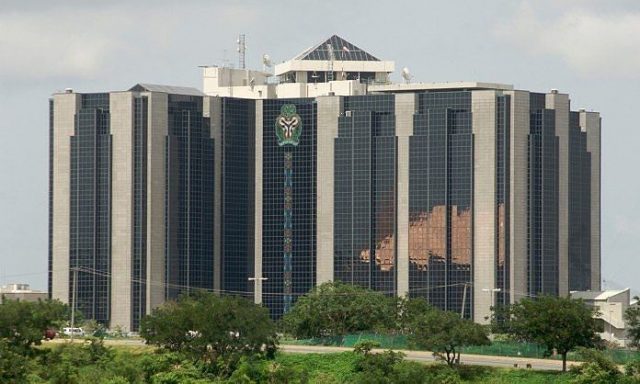CBN Retains Interest Rate at 27.50% as Inflation Declines, Signals Cautious Approach…The Central Bank of Nigeria (CBN) has decided to keep its benchmark interest rate at 27.50% in a bid to stabilize the economy amidst recent shifts in inflation and exchange rate dynamics.
This decision marks a significant moment in the monetary policy landscape of the country, coming as the latest step in a series of interest rate hikes implemented by the CBN in 2024.
The Monetary Policy Committee (MPC) of the CBN announced the decision on February 20, 2025, during its 299th meeting, under the guidance of Governor Olayemi Cardoso.
The CBN’s decision to hold the rate at this level reflects its intention to strike a balance between controlling inflation and supporting economic growth.
One of the key factors influencing the CBN’s decision to maintain the interest rate is the observed decline in Nigeria’s headline inflation. The National Bureau of Statistics (NBS) reported that the inflation rate fell significantly from 34.80% in December 2024 to 24.48% in January 2025. This drop follows the recent rebasing of the Consumer Price Index (CPI) and signals a moderation in the inflationary pressures that have long plagued the Nigerian economy. While this is a promising trend, the CBN remains cautious, understanding that inflationary pressures may still persist in certain sectors, especially food and imported goods, which could continue to affect the broader economy.
In addition to inflation, the CBN also considered other economic indicators, particularly the stability in the foreign exchange market. Over recent months, the naira has experienced relative stability against major currencies, and the central bank’s policies aimed at ensuring a more favorable exchange rate environment appear to have yielded some positive results. Although the CBN has been working to stabilize the naira, it remains vigilant and is cautious of external factors that could disrupt this stability in the future.
Another reason for the CBN’s decision to hold the interest rate is the moderation in fuel prices. After a period of volatility, fuel prices have begun to stabilize, which could help ease some of the pressure on inflation. Fuel costs are a significant component of the overall price dynamics in the country, and their reduction could help lower transportation costs, ultimately benefiting businesses and consumers alike.
Despite these positive developments, the CBN’s decision to keep the interest rate unchanged signals a more cautious approach to economic policy. The central bank is keen to monitor the evolving economic conditions before making further adjustments to the interest rate. The policy pause comes after a series of interest rate hikes in 2024, which were intended to curb inflation and stabilize the economy. By maintaining the rate at 27.50%, the CBN is taking a “wait-and-see” stance, observing how the current economic conditions unfold before making additional policy shifts.
The CBN also chose to keep other key monetary policy parameters unchanged. The Cash Reserve Ratio (CRR) was retained at 50% for Deposit Money Banks and 16% for Merchant Banks. The Liquidity Ratio (LR) remains at 30%, while the Asymmetric Corridor is maintained at +500/-100 basis points around the Monetary Policy Rate (MPR). These measures are designed to ensure the liquidity of the banking sector while controlling inflation and stabilizing the economy.
This decision marks the first time since Governor Olayemi Cardoso assumed office in September 2023 that the CBN has opted for a policy pause. The central bank appears to be taking a more measured approach as it assesses the effectiveness of its previous rate hikes and other interventions. As inflation continues to decline and other economic indicators stabilize, the CBN is positioning itself to take further actions if necessary but is unwilling to make hasty decisions that could disrupt the ongoing recovery process.
READ MORE: Africa’s rising music star Eleas Modelà debuts with classical Afro Pop single titled Jo fun mi
The next Monetary Policy Committee meeting is scheduled for May 2025, and it will provide another opportunity for the CBN to reassess its position. The outcome of that meeting will depend largely on the state of inflation, exchange rates, and other macroeconomic factors at that time. With inflationary pressures still prevalent in certain sectors, the CBN’s cautious stance may continue as it aims to steer the Nigerian economy through a period of uncertainty while fostering sustainable growth.
In summary, the Central Bank of Nigeria’s decision to retain the interest rate at 27.50% highlights a carefully considered approach to managing the nation’s economic challenges. By keeping the rate steady, the CBN is signaling that while progress is being made, there is still work to be done to ensure long-term stability. As the economic landscape evolves, all eyes will be on the CBN to see how it adapts its policies in the coming months.




